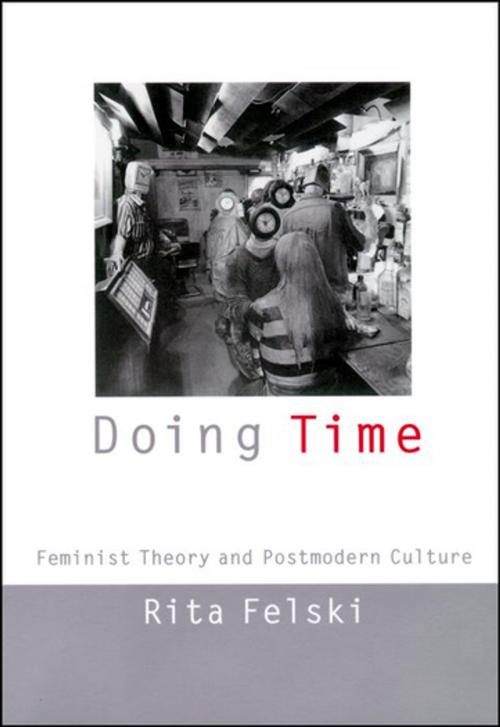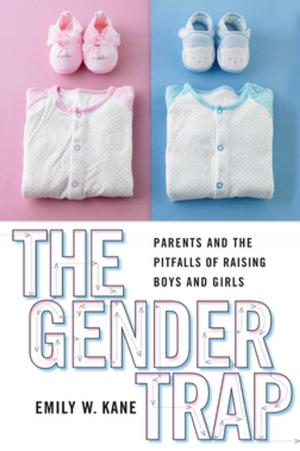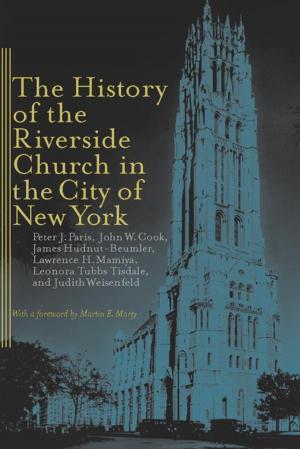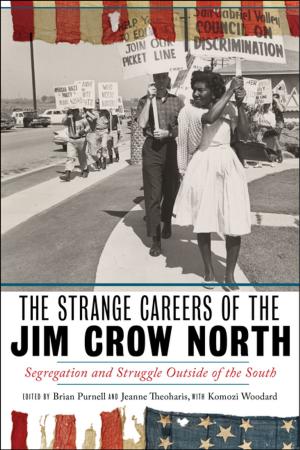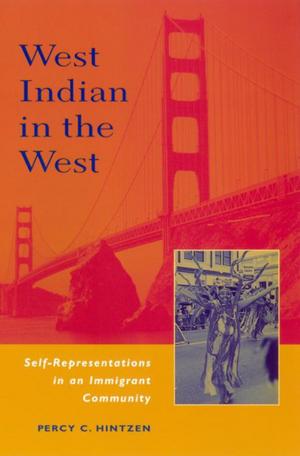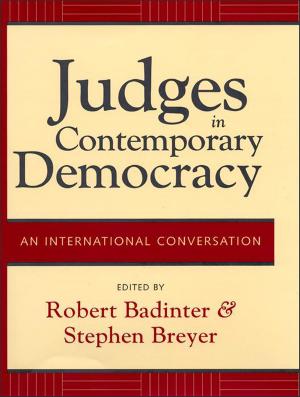Doing Time
Feminist Theory and Postmodern Culture
Nonfiction, Social & Cultural Studies, Social Science, Gender Studies, Women&| Author: | Rita Felski | ISBN: | 9780814728178 |
| Publisher: | NYU Press | Publication: | September 1, 2000 |
| Imprint: | NYU Press | Language: | English |
| Author: | Rita Felski |
| ISBN: | 9780814728178 |
| Publisher: | NYU Press |
| Publication: | September 1, 2000 |
| Imprint: | NYU Press |
| Language: | English |
Contemporary theory is full of references to the modern and the postmodern. How useful are these terms? What exactly do they mean? And how is our sense of these terms changing under the pressure of feminist analysis?
In Doing Time, Rita Felski argues that it makes little sense to think of the modern and postmodern as opposing or antithetical terms. Rather, we need a historical perspective that is attuned to cultural and political differences within the same time as well as the leaky boundaries between different times.
Neither the modern nor the postmodern are unified, coherent, or self-evident realities. Drawing on cultural studies and critical theory, Felski examines a range of themes central to debates about postmodern culture, including changing meanings of class, the end of history, the status of art and aesthetics, postmodernism as "the end of sex," and the politics of popular culture. Placing women at the center of analysis, she suggests, has a profound impact on the way we thing about historical periods. As a result, feminist theory is helping to reshape our vision of both the modern and the postmodern.
Contemporary theory is full of references to the modern and the postmodern. How useful are these terms? What exactly do they mean? And how is our sense of these terms changing under the pressure of feminist analysis?
In Doing Time, Rita Felski argues that it makes little sense to think of the modern and postmodern as opposing or antithetical terms. Rather, we need a historical perspective that is attuned to cultural and political differences within the same time as well as the leaky boundaries between different times.
Neither the modern nor the postmodern are unified, coherent, or self-evident realities. Drawing on cultural studies and critical theory, Felski examines a range of themes central to debates about postmodern culture, including changing meanings of class, the end of history, the status of art and aesthetics, postmodernism as "the end of sex," and the politics of popular culture. Placing women at the center of analysis, she suggests, has a profound impact on the way we thing about historical periods. As a result, feminist theory is helping to reshape our vision of both the modern and the postmodern.
